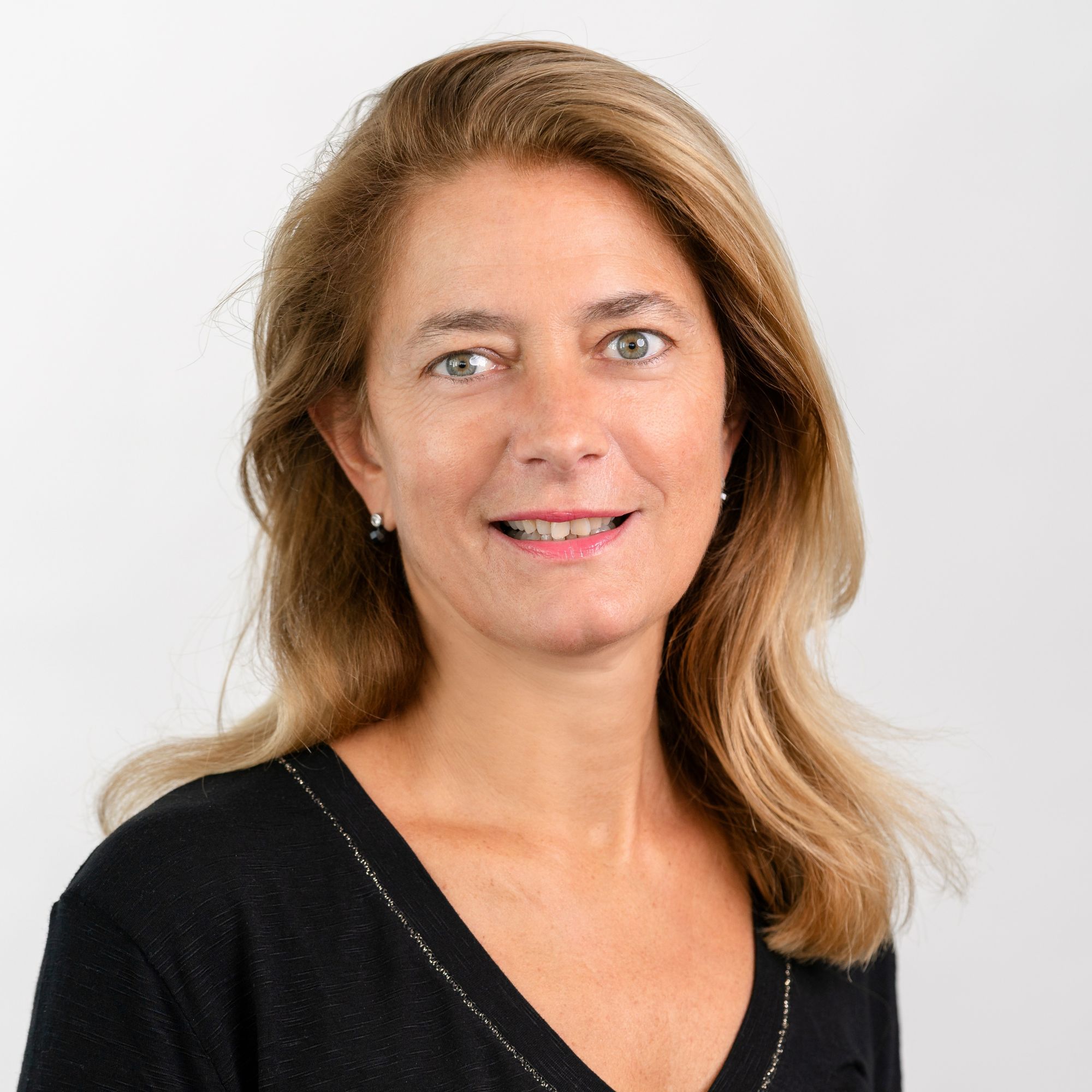- Home
- EN
- Kardham Group
- News
Places shape the mind
September 2021

Interview with Jean-François Couëc in C'est à vous, the magazine of MEDEF magazine (the leading network of entrepreneurs in France).
What are your activities?
Kardham is dedicated to helping large private and public organizations use real estate as a vehicle that can be leveraged to work better. Concretely, we help them to adapt their real estate resources to their real estate needs so that the development strategy of the company is well served. The idea is that employees can evolve in spaces where they can be productive, fulfill themselves and feel good. Places shape the spirit. Depending on where you are, you can be creative, rested, bored, happy... Besides, employees tend to choose a company where they can relate to. The real estate, aesthetic, technological framework and the layout of the spaces reflect not only their aspiration to work well but also their values. At Kardham, our job is to make real estate, business and people fit together as well as possible.
QWL therefore depends on the working environment...
Sure ! According to a Canadian researcher, to optimize QWL, you have to offer your employees different levels of comfort. First, physical comfort, which makes it possible to provide them with conditions (light, temperature, acoustics, safety, etc.) that meet their expectations. Then we have functional comfort. To work well, you have to be well equipped. The places must therefore be well organized. Finally, there is also a certain psychological comfort that real estate can help achieve.
Since the start of the pandemic, the relationship with workspaces has changed considerably, particularly because of the deployment of teleworking. What have you observed at your level?
The relationship with workspaces began to evolve long before the health crisis. The Covid has only been an accelerator. It's been a few years since we know that workplaces need to be more collaborative and integrate more technologies. Indeed, we all already aspire to reconcile large tertiary spaces and the essential feeling of feeling part of a collective. And, we also knew that workspaces would sooner or later be influenced by the digital revolution. Finally, the hybridization of workplaces was on the rise. Teleworking has always existed: we just had to endure it massively.
“The relationship with workspaces began to evolve long before the health crisis. The Covid has only been an accelerator.“
Today, a reflection around workspaces is more than necessary. Around which areas do you support your customers?
Before the crisis, there were significant differences between the employees, the social bodies that represent them and the management. The employees wanted more comfort and the managers more m2. Today, there is a convergence of view between employees and their management on the fact that we probably need less m2, but that we needed much better equipped m2 with support in the implementation of teleworking, not excessive but harmonious. We must therefore be able to organize workplaces in such a way that they are more functional, more identifiable and more technological. Obviously, the pre-crisis will be nothing like the post-crisis, and it's up to us to find the right balance.
Interview by Houda Gharbi
Show more
Click here to read Issue 61 of C'est à vous magazine

